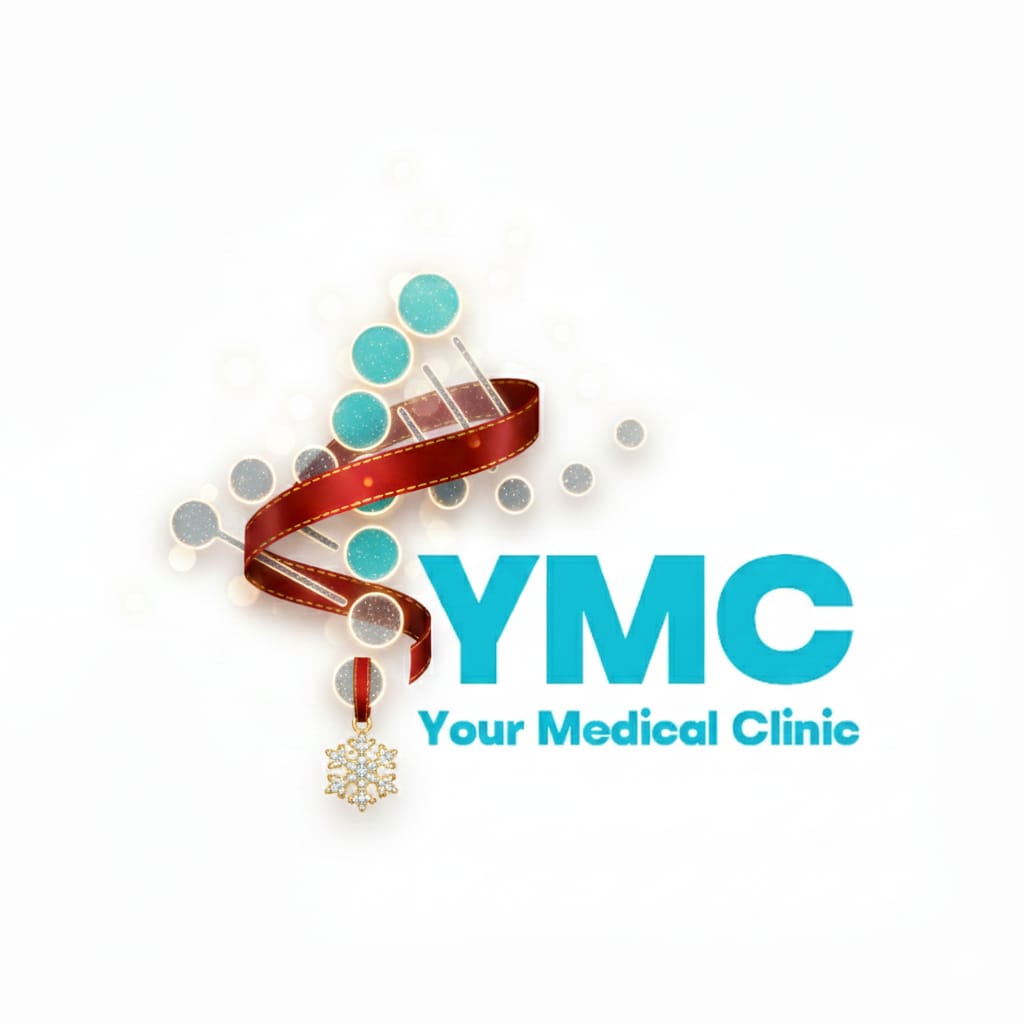What is Osteoporosis?
Osteoporosis is a disease in which bones lose density and strength, becoming more fragile and prone to fracture. This condition poses a serious challenge to bone health, especially as we age.
Causes and Risk Factors
1. Non-modifiable risk factors:
• Age: The risk increases with age.
• Gender: Women are more predisposed due to hormonal changes after menopause.
• Family history: A family history of osteoporosis increases the risk.
2. Modifiable risk factors:
• Poor diet: Lack of calcium and vitamin D.
• Sedentary lifestyle: Lack of physical activity damages bone strength.
• Smoking and alcohol: Reduced bone density.
• Medications: Some medications, such as corticosteroids, can damage bones.
Symptoms of Osteoporosis
Osteoporosis often develops silently without any obvious symptoms. However, symptoms may include:
• Minor bone fractures, such as after a minor fall.
• Reduction in height over time.
• Back pain due to fractures of the vertebrae.
• Stooped posture (kyphosis).
Diagnosis of Osteoporosis
The diagnosis is made with specific tests:
• Bone densitometry (DXA): Test that measures bone mineral density.
• Blood and urine tests: Evaluation of calcium and vitamin D levels.
Osteoporosis Treatment
Treatment aims to slow bone loss, strengthen existing bones, and reduce the risk of fractures.
1. Drug therapy:
• Bisphosphonates: Drugs that slow the loss of bone density.
• Denosumab: Injectable therapy that strengthens bones.
• Hormones: Hormone therapy for women after menopause.
2. Diet and supplements: • Increase calcium and vitamin D
intake through dairy products and fish.
3. Physical activity:
• Weight-bearing exercises, such as walking, running, or lifting weights, help strengthen bones.
4. Lifestyle changes:
• Avoid smoking and alcohol.
• Make your home safe to reduce the risk of falls.
Osteoporosis Prevention
Prevention is essential! Some tips to protect bone health:
• Balanced diet rich in calcium and vitamin D.
• Regular physical activity to stimulate bone health.
• Early screening for post-menopausal women and people at high risk.
Osteoporosis is a common disease, but it can be managed and prevented with proper care.
Together for a healthy future!
Book your consultation with a specialist doctor now!
Your Medical Clinic staff provides all patients with specialized medical service at the highest standards.

